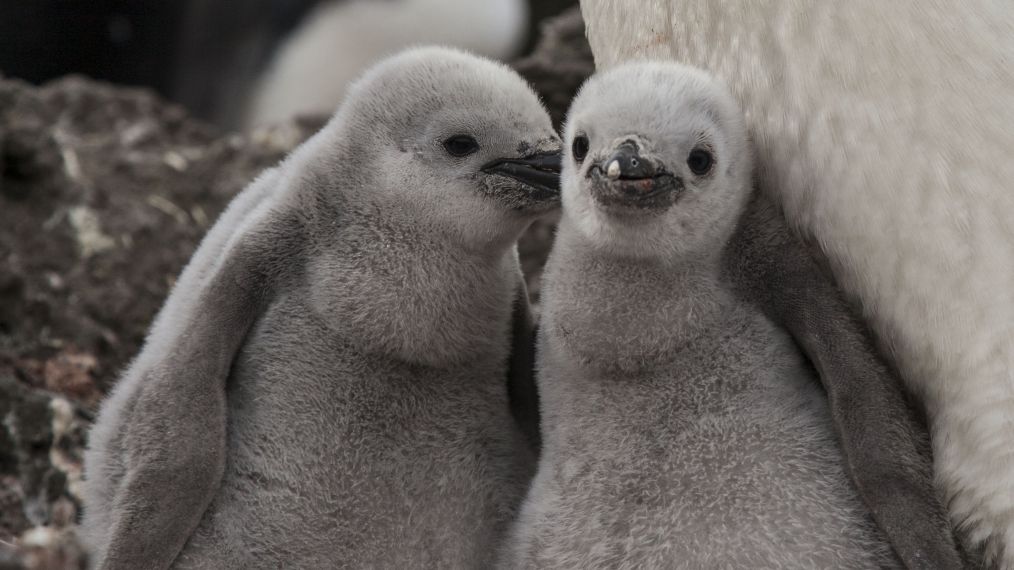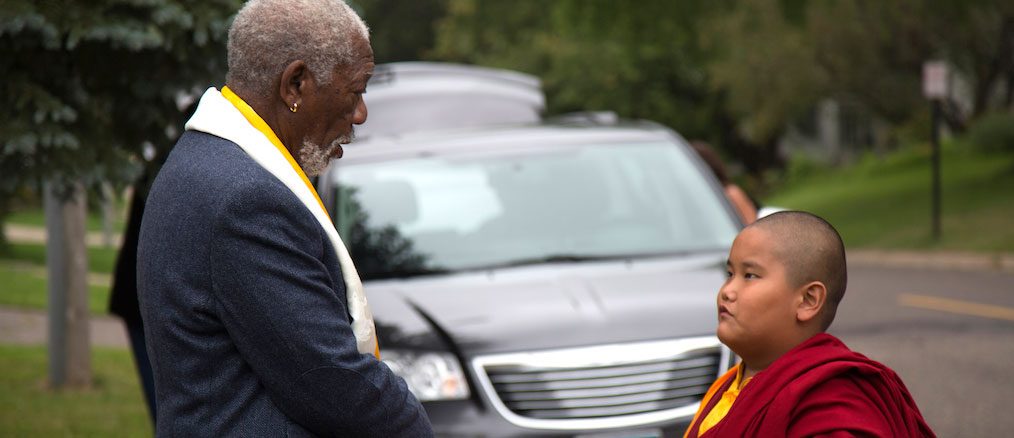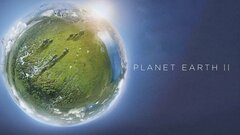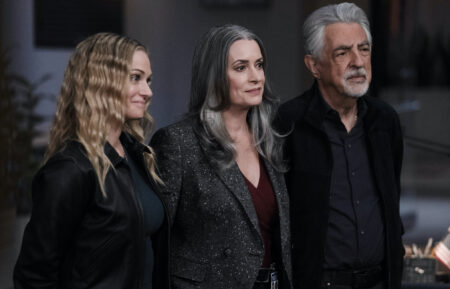‘Planet Earth II’ Delivers More Breathtaking Views of Mother Nature

When was the last time you thought about sloths? In grade school? Well, all this time, the pygmy three-toed sloth has been living a breezy, lazy life off the coast of Panama. There’s just one problem. Not many other pygmies are around, and that makes it hard for a guy sloth to land a lady. So when, in a scene from BBC America’s nature documentary series Planet Earth II, a generally lethargic male hears the cry of a potential mate, he leaps over the treetops and crosses the water, Michael Phelps–style, to get to her. Clearly, sloths have moves we’ve never seen, until now.
Like its predecessor, Planet Earth, this six-part series (also narrated by Sir David Attenborough), travels to the ends of the world to show the extreme lengths many animals will go to in order to survive—whether that means propagating its species, like that sloth, or outrunning dozens of hungry racer snakes, like a newly hatched iguana. Some of the creatures live in places so remote, they’d never seen people or cameras before. “If you sat down,” producer Elizabeth White says, “some would walk up and explore you. It was lovely.”
The experience led to many amazing high-def images of animals doing the darndest things, like crabs picking the dead skin of living iguanas (apparently it’s tasty). Or penguins just being penguins. “They live somewhere so hostile—the weather changes suddenly from sunny to just brutal snow,” White says. “And every day they just chuck themselves into a freezing cold sea. You look at them and you’re like, ‘Are you crazy?’”
Planet Earth II, Season Premiere, Saturday, Feb. 18, 9/8c, BBC America









